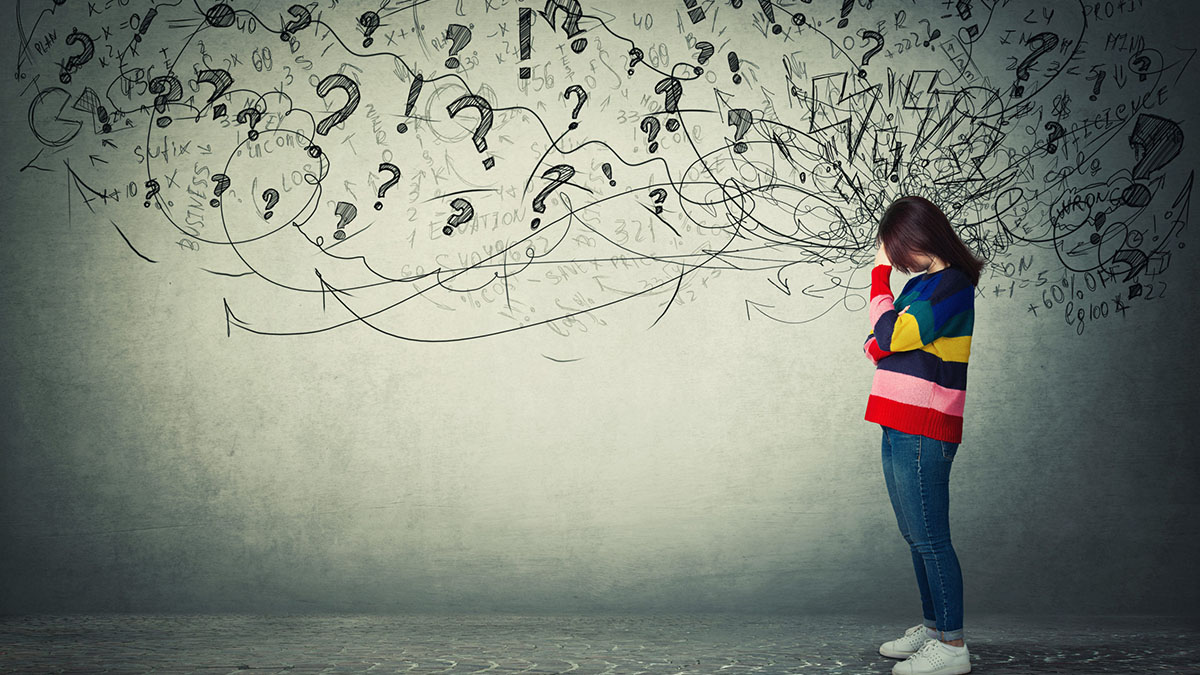
Depression and anxiety are two of the most common mental health disorders affecting millions of people worldwide. While they are distinct conditions, they often occur together, creating a challenging cycle that can be difficult to break. Understanding the causes, recognizing the symptoms, and learning effective coping strategies are crucial steps in managing these conditions.
What Is Depression?
Depression is a mood disorder characterized by persistent feelings of sadness, hopelessness, and a lack of interest or pleasure in daily activities. It can affect anyone, regardless of age, gender, or background, and can lead to various physical and emotional problems.
Common Symptoms of Depression:
- Persistent sadness or emptiness
- Loss of interest in activities once enjoyed
- Fatigue or low energy
- Difficulty concentrating
- Changes in appetite or weight
- Sleep disturbances (insomnia or oversleeping)
- Feelings of worthlessness or excessive guilt
- Thoughts of death or suicide
What Is Anxiety?
Anxiety is a mental health condition characterized by excessive worry, fear, or nervousness. It’s normal to feel anxious occasionally, but when anxiety becomes overwhelming and interferes with daily life, it may be classified as an anxiety disorder.
Common Symptoms of Anxiety:
- Excessive worry or fear
- Restlessness or feeling on edge
- Rapid heart rate or palpitations
- Shortness of breath
- Sweating or trembling
- Difficulty concentrating
- Sleep disturbances
- Avoidance of certain situations due to fear
The Link Between Depression and Anxiety
Depression and anxiety often go hand in hand. In many cases, individuals with depression also experience anxiety, and vice versa. This co-occurrence can exacerbate symptoms and make treatment more complex. Both conditions share similar risk factors, such as genetics, brain chemistry, and stressful life events.
Causes of Depression and Anxiety
The causes of depression and anxiety are multifactorial, involving a combination of biological, psychological, and environmental factors.
- Genetics: A family history of depression or anxiety increases the risk of developing these conditions.
- Brain Chemistry: Imbalances in neurotransmitters, such as serotonin and dopamine, play a significant role in mood regulation.
- Life Events: Traumatic experiences, chronic stress, or significant life changes (e.g., loss of a loved one, divorce, job loss) can trigger depression or anxiety.
- Personality Traits: Individuals with certain personality traits, such as low self-esteem or perfectionism, may be more prone to these conditions.
- Health Conditions: Chronic illnesses, such as heart disease or diabetes, can increase the risk of depression and anxiety.
Coping Strategies for Depression and Anxiety
While professional treatment is essential for managing depression and anxiety, there are also self-help strategies that can complement therapy and medication.
1. Seek Professional Help
- Consult a mental health professional, such as a therapist or psychiatrist, for an accurate diagnosis and treatment plan. Cognitive-behavioral therapy (CBT) and medication, such as antidepressants or anti-anxiety drugs, are common treatments.
2. Practice Mindfulness and Relaxation Techniques
- Mindfulness meditation, deep breathing exercises, and progressive muscle relaxation can help reduce stress and anxiety.
3. Stay Physically Active
- Regular exercise boosts mood by releasing endorphins and improving overall physical health. Even a short walk can make a difference.
4. Maintain a Healthy Diet
- Eating a balanced diet rich in fruits, vegetables, whole grains, and lean proteins can support mental and physical well-being.
5. Build a Support System
- Surround yourself with supportive friends and family. Talking about your feelings with someone you trust can provide relief and perspective.
6. Avoid Alcohol and Drugs
- Substance abuse can worsen symptoms of depression and anxiety. It’s important to avoid using alcohol or drugs as a coping mechanism.
7. Establish a Routine
- Creating a daily routine can provide structure and a sense of purpose, helping to manage symptoms of both depression and anxiety.
8. Practice Self-Compassion
- Be kind to yourself. Recognize that it’s okay to have bad days, and allow yourself the space to heal without judgment.
Conclusion
Depression and anxiety are serious conditions that can significantly impact your quality of life. Understanding the signs, causes, and available treatments is the first step toward managing these disorders. If you or someone you know is struggling with depression or anxiety, it’s essential to seek help and explore both professional treatment options and self-help strategies. Remember, you’re not alone, and with the right support, it’s possible to lead a fulfilling life.
